On the morning of June 28, continuing the 7th Session of the 15th National Assembly - at the National Assembly House, under the chairmanship of National Assembly Chairman Tran Thanh Man, the National Assembly discussed in the hall the draft Law on Urban Planning and Rural Planning.

Participating in giving comments, National Assembly Deputy Mai Van Hai, Provincial Party Committee member, Deputy Head of the National Assembly Delegation of Thanh Hoa province basically agreed with the Government's Submission and the Economic Committee's review report on the Law on Urban and Rural Planning.
Commenting on Clause 1, Article 3 of the Regulations on types of urban and rural planning, delegate Mai Van Hai basically agreed, but also suggested continuing to review it to be consistent with the provisions of the 2017 Planning Law. Point a, Clause 1 stipulates that the Urban and Rural System Planning is a national sectoral planning according to the 2017 Law. The delegate suggested that it should not be re-regulated, because the 2017 Planning Law has already stipulated it.
The Draft Law stipulates in Point b, Clause 1, c on Urban planning and rural planning. Urban planning for centrally-run cities, provincial cities, towns, townships and new urban areas; rural planning for districts and communes. Meanwhile, the 2017 Planning Law stipulates that Urban planning and Rural planning belong to the national planning system.
Therefore, delegate Mai Van Hai suggested that it is necessary to clarify the relationship between urban and rural planning, which is national sectoral planning, and urban and rural planning, which belongs to the national planning system, to avoid overlapping between plans. It is suggested to consider the regulation of priority levels and relationships in the establishment of urban and rural planning types, especially the relationship between rural planning for districts and communes and urban planning for towns, townships, and new urban areas.
Regarding the general planning of the district, it is stipulated in Article 26: Clause 4 stipulates the general planning period of the district from 20 years to 25 years; Clause 3, Article 27 stipulates the general planning period of the commune from 10 to 20 years. According to delegate Mai Van Hai, it is necessary to review the planning period appropriately because the 2017 Planning Law stipulates that the planning period of the plans under the national planning system is 10 years, the vision of the national planning is from 30-50 years. The 2024 Land Law stipulates that the land use planning period at the district level is 10 years, the vision is 20 years.
Thus, the period of the district master plan and commune master plan is not consistent with the land use planning period, as well as the period prescribed by the 2017 Planning Law, leading to difficulties in the development and implementation of the district master plan and commune master plan, especially in land use allocation.
Clause 5, Article 26 on district master plan, delegates proposed to supplement the district master plan approved by competent authorities as the basis for establishing commune master plan, zoning plan and detailed functional area plan.
Article 37 stipulates the subjects, contents, forms and time for collecting opinions. Delegate Mai Van Hai basically agrees with the regulations on collecting opinions on Urban and Rural Planning. However, he suggested that the regulations should be reviewed to avoid formalities and difficulties for planning management agencies. The delegate proposed that it should not be regulated to collect opinions from the community for planning tasks, that it is appropriate to collect opinions from relevant agencies and organizations before approval; that collecting opinions from the community should only be regulated for the contents of the planning, and that the planning content should be collected from the community to ensure quality and effectiveness, avoiding formalities. It is also necessary to only regulate some major, important and key contents in the planning to collect opinions from the community. Regarding the form of collecting opinions stipulated in Point d, Clause 2, it should be regulated separately for State management agencies and for the community. Consulting with the community is carried out in accordance with the Law on Grassroots Democracy 2022, in which it is necessary to focus on the form of posting, organizing conferences and posting on the electronic information portal of the planning agency.
Article 41, authority to approve tasks and urban and rural planning: The provisions as in the draft law have many new points in implementing decentralization of authority to approve planning and adjust planning. However, delegate Mai Van Hai proposed to continue reviewing and decentralizing more strongly to the provincial and district levels. Specifically, it is proposed that the authority to approve tasks and general planning of provincial cities is a type I urban area. The general planning of new urban areas with a forecast scale equivalent to a type I urban area should be considered for assignment to the Provincial People's Committee to approve tasks and planning; the appraisal should also be assigned to the Provincial People's Committee for full responsibility, without having to ask for the opinion of the Ministry of Construction, including appraisal of underground space planning and specialized technical infrastructure planning of centrally-run cities.
For districts, it is proposed to decentralize the approval of tasks and town planning to the District People's Committee and also not to consult the specialized agency in charge of urban and rural planning under the Provincial People's Committee.
Point b, Clause 3, Article 47 stipulates that for plans under the approval authority of the Prime Minister, the Provincial People's Committee shall organize the preparation, appraisal, approval, and announcement of local adjustments to the plan according to the order and procedures prescribed by the Prime Minister.
This is a very important content that has been considered to be legalized from the decentralization to the People's Committees of the provinces to implement the pilot mechanism on planning management according to the Resolutions of the 15th National Assembly. Delegate Mai Van Hai completely agreed with this content, but suggested that it should be reviewed to simplify the order and procedures for adjusting the provisions in Clause 2, Article 47 in the direction of continuing to shorten the appraisal time. According to the delegate, it is recommended to consider not having to consult the community on the content of local adjustments, but only stipulating that after the adjustment, the people will be notified. Because the planning content has been consulted with the community, moreover, if a small content is adjusted and the community's opinion must be consulted, it will take a lot of time, sometimes it is just a formality, and is ineffective.
Quoc Huong
Source: https://baothanhhoa.vn/dbqh-mai-van-hai-doan-dbqh-tinh-thanh-hoa-gop-y-ve-du-an-luat-quy-hoach-do-thi-va-quy-hoach-nong-thon-217988.htm


![[Photo] Japanese Prime Minister's wife visits Vietnamese Women's Museum](https://vstatic.vietnam.vn/vietnam/resource/IMAGE/2025/4/27/8160b8d7c7ba40eeb086553d8d4a8152)
![[Photo] Fireworks light up Hanoi sky to celebrate national reunification day](https://vstatic.vietnam.vn/vietnam/resource/IMAGE/2025/4/28/5b4a75100b3e4b24903967615c3f3eac)
![[Photo] Living witnesses of the country's liberation day present at the interactive exhibition of Nhan Dan Newspaper](https://vstatic.vietnam.vn/vietnam/resource/IMAGE/2025/4/27/b3cf6665ebe74183860512925b0b5519)
![[Photo] General Secretary To Lam receives Chairman of the Liberal Democratic Party, Japanese Prime Minister Ishiba Shigeru](https://vstatic.vietnam.vn/vietnam/resource/IMAGE/2025/4/27/63661d34e8234f578db06ab90b8b017e)
![[Photo] General Secretary To Lam's wife and Japanese Prime Minister's wife make traditional green rice cakes together](https://vstatic.vietnam.vn/vietnam/resource/IMAGE/2025/4/27/7bcfbf97dd374eb0b888e9e234698a3b)

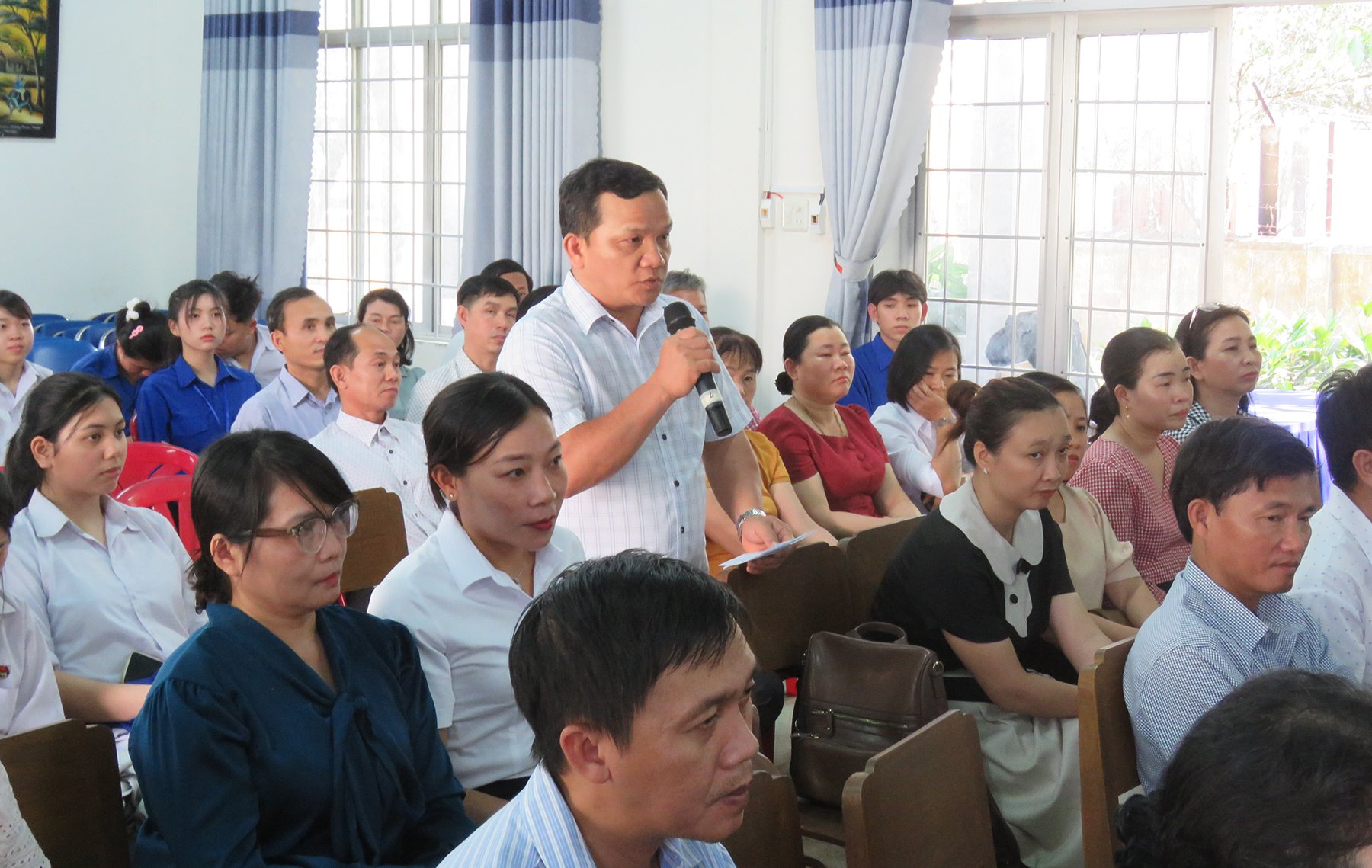



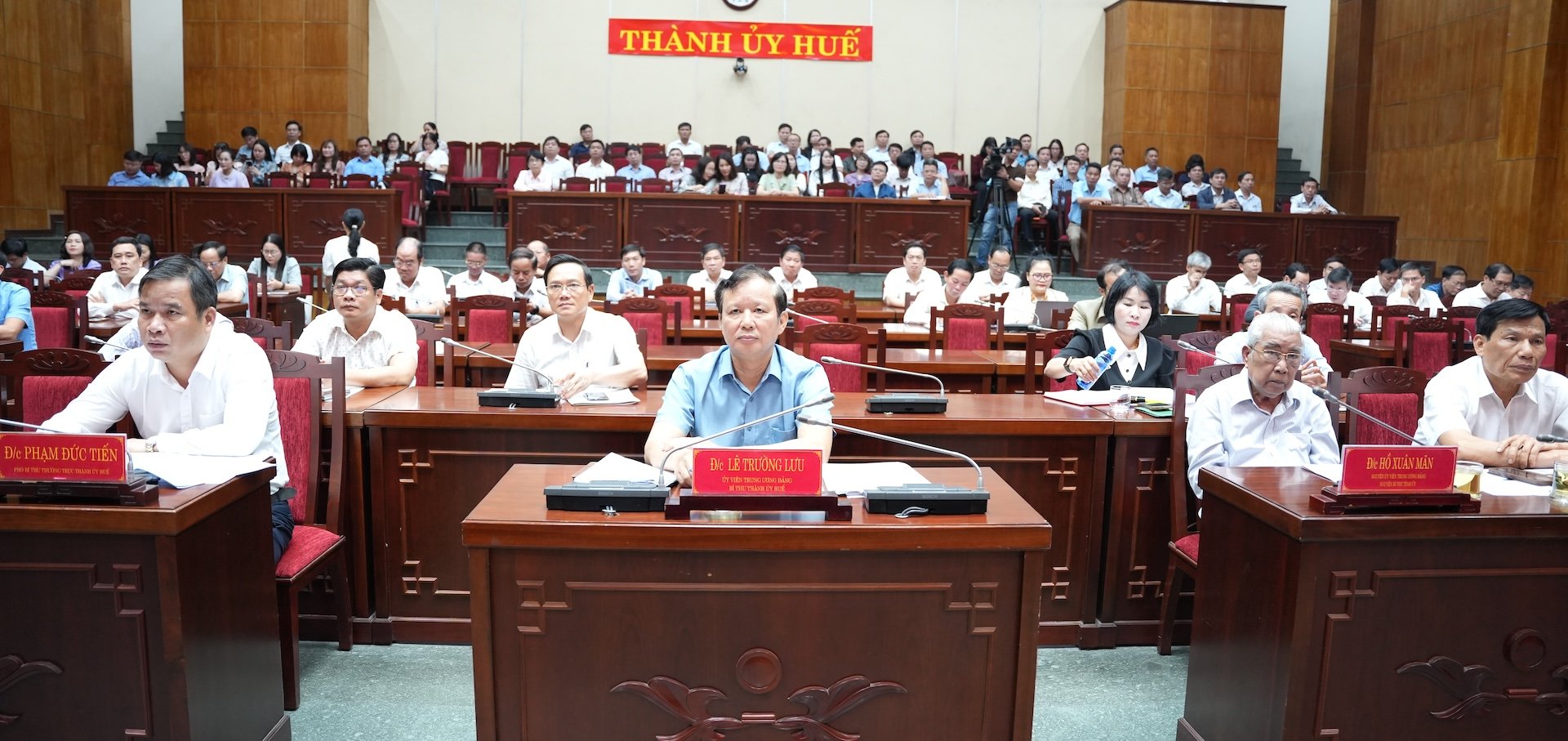

![[Update] - Thanh Hoa: 55 thousand delegates attended the conference to disseminate and implement the Resolution of the 11th Conference of the 13th Party Central Committee](https://vstatic.vietnam.vn/vietnam/resource/IMAGE/2025/4/16/f1c6083279f5439c9412180dda016c15)

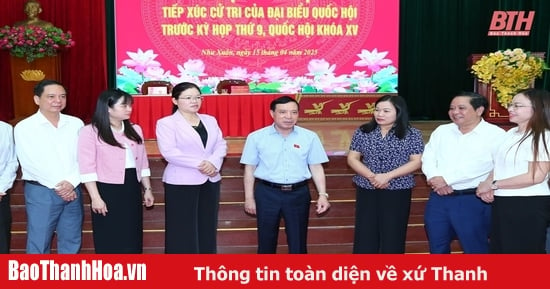



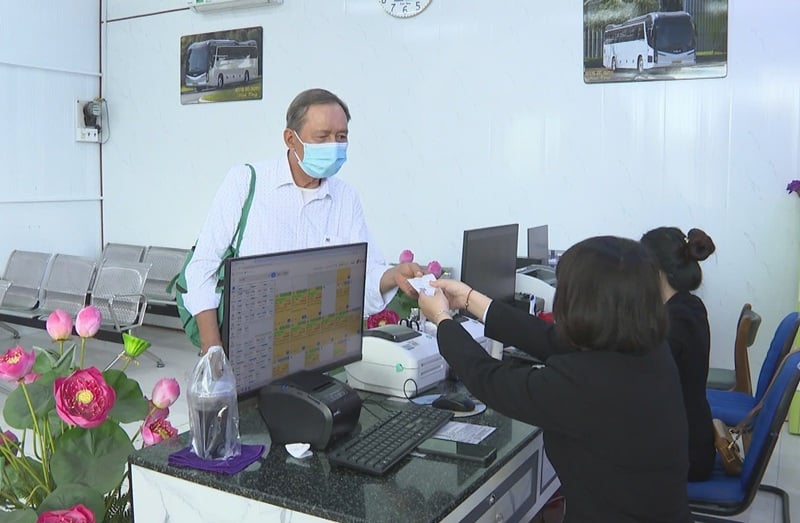





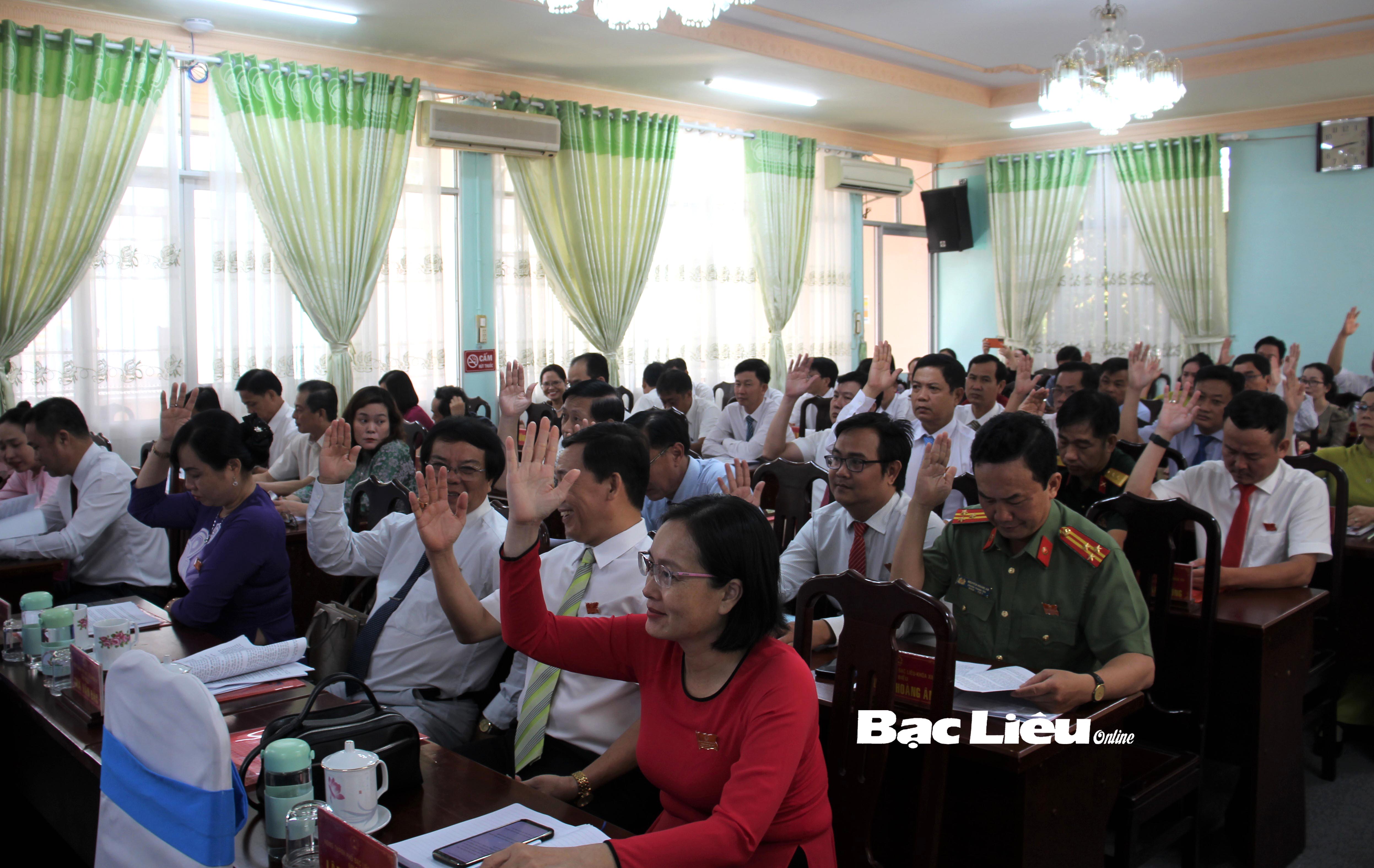

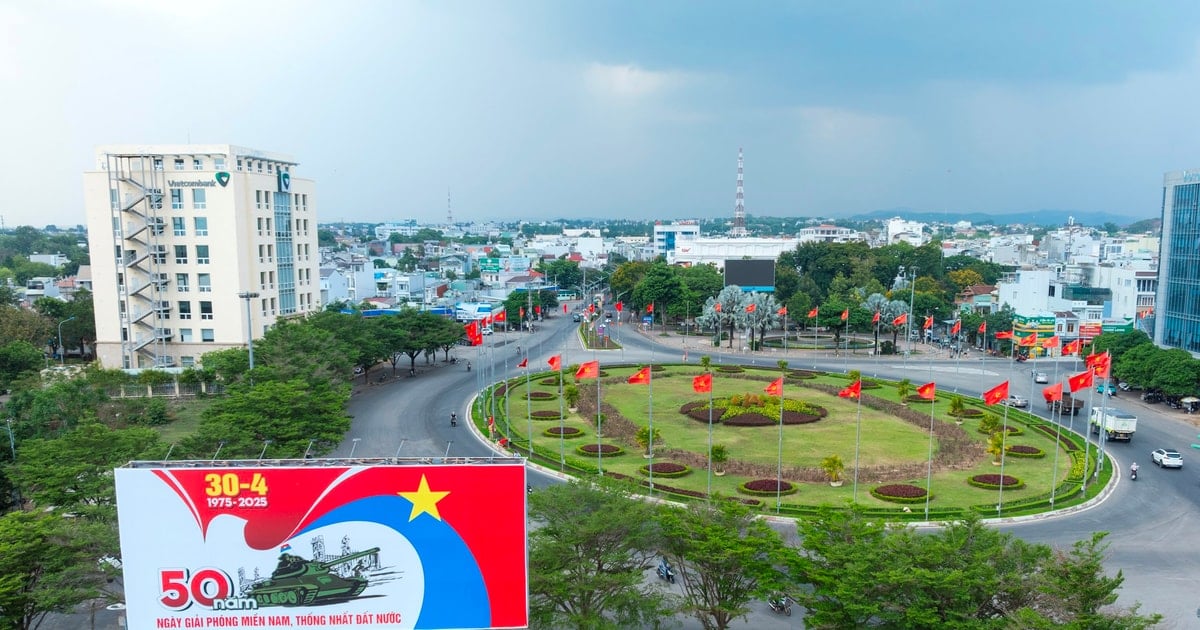
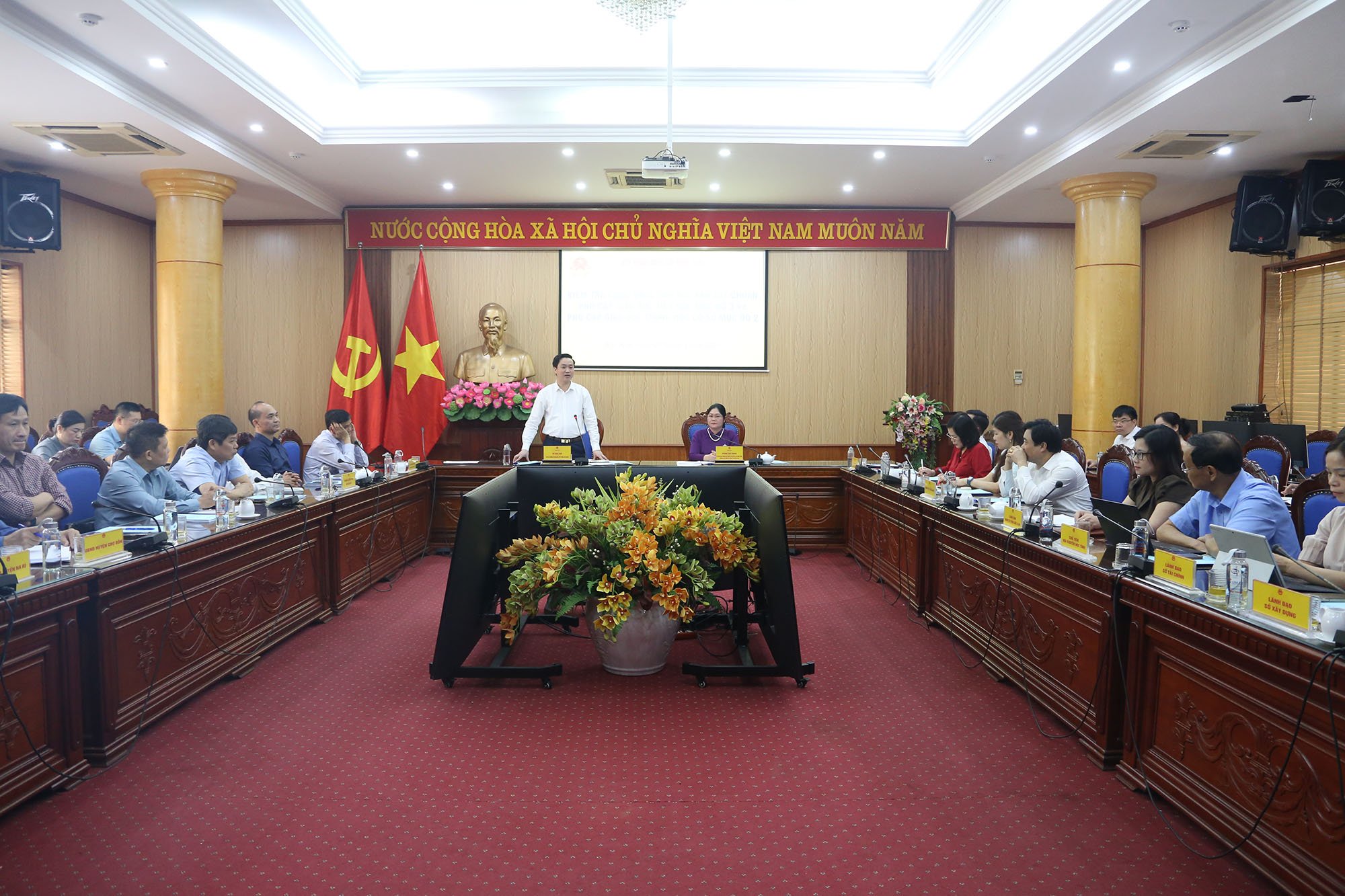
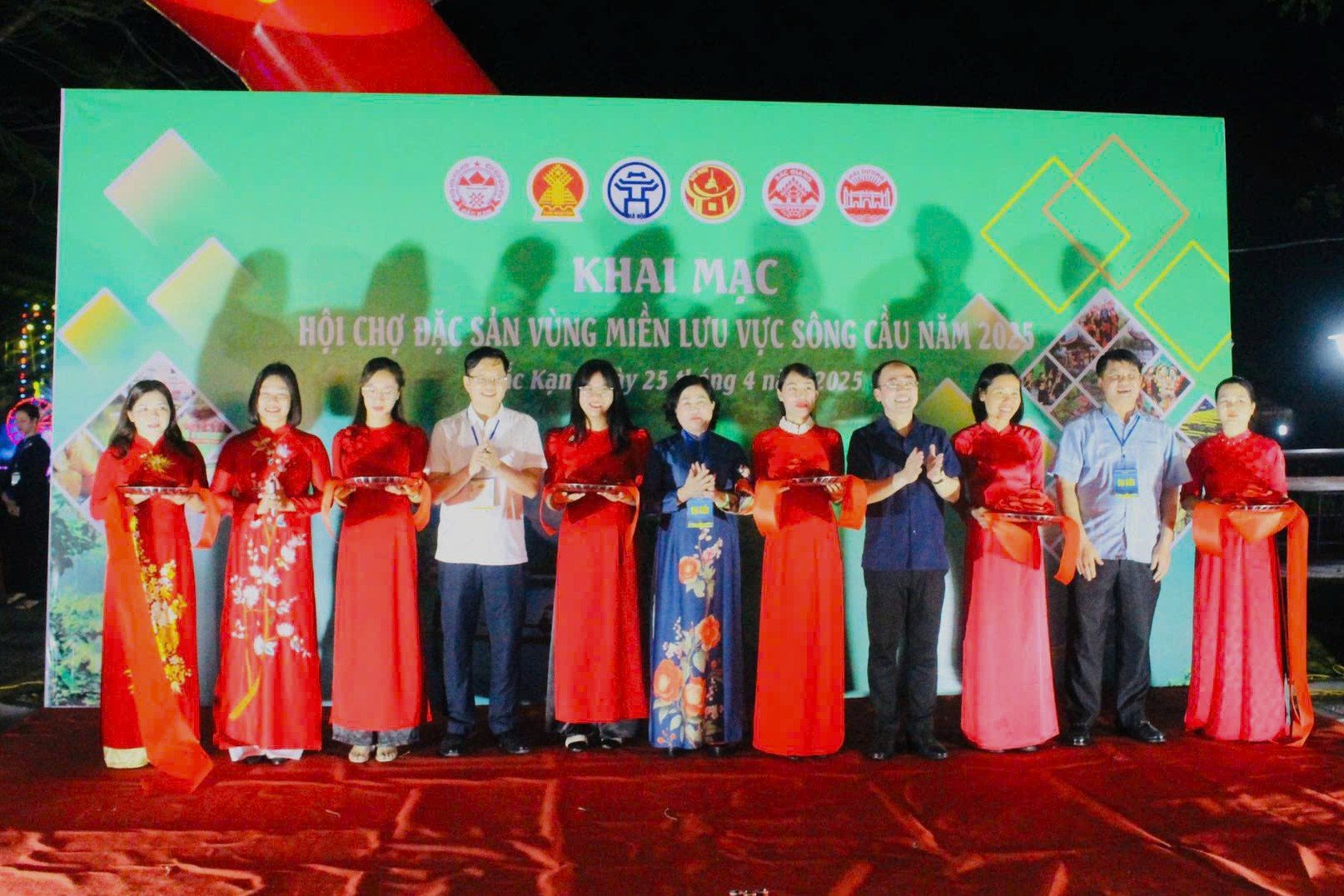
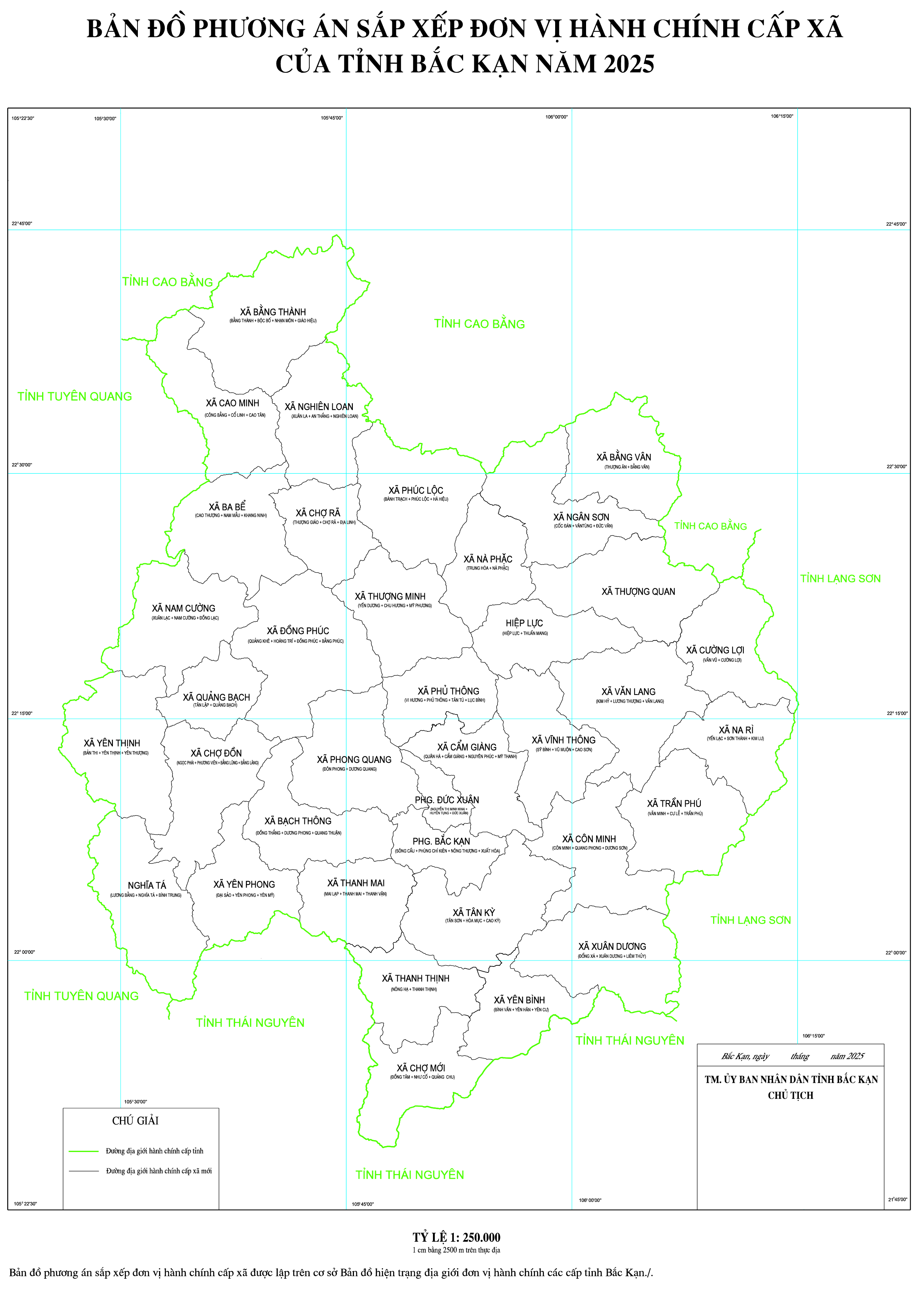
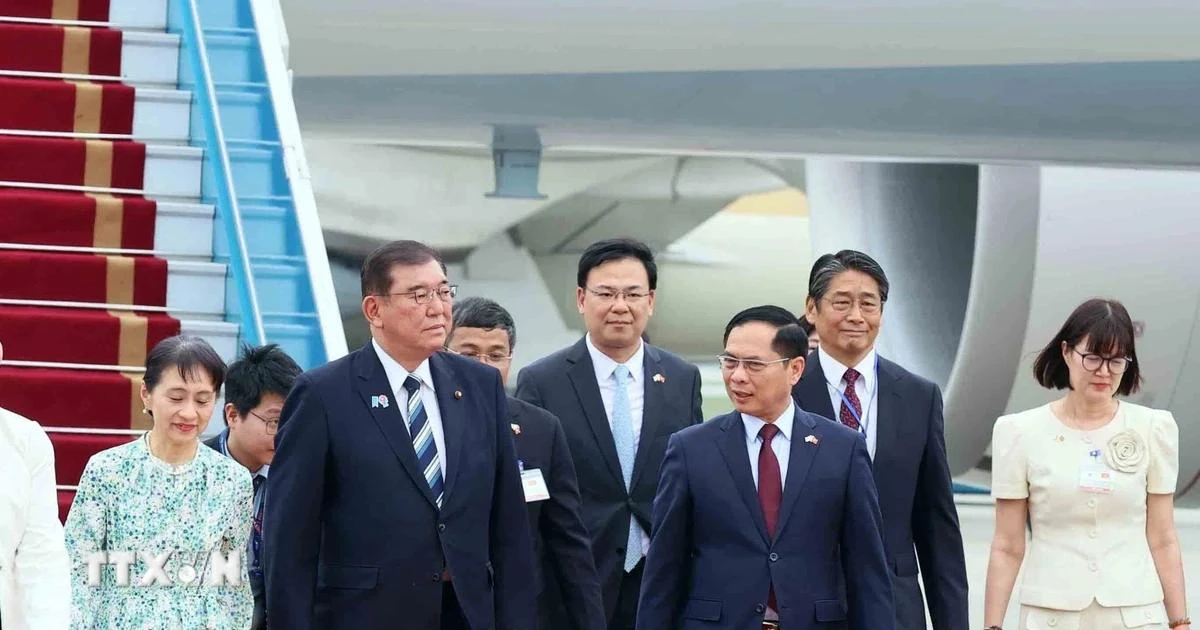
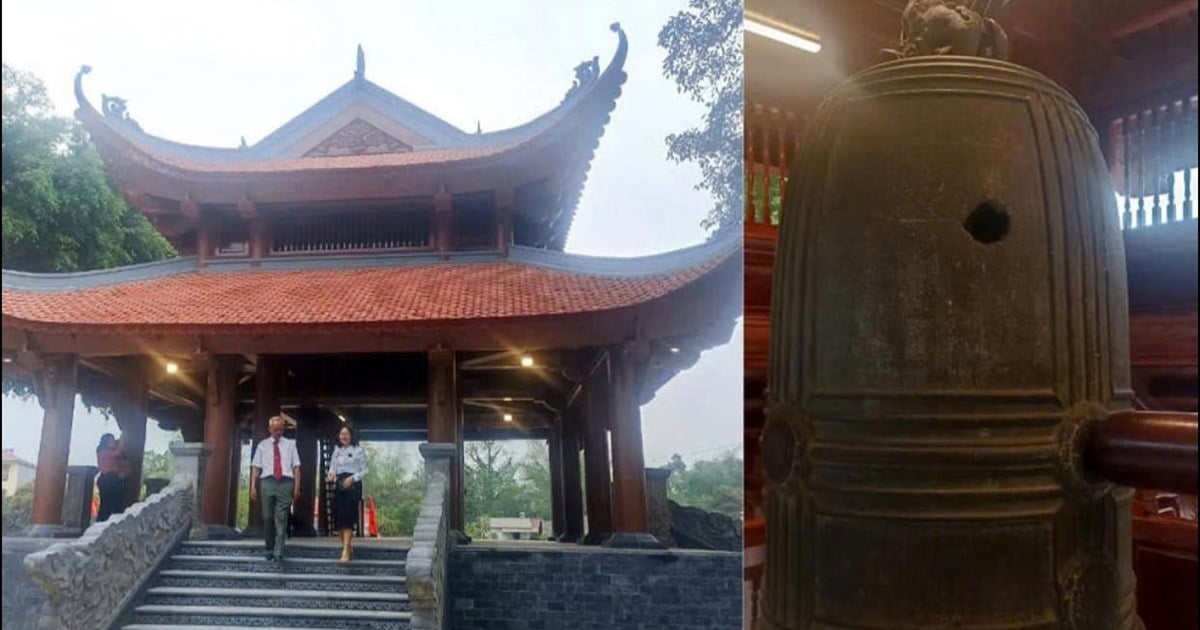







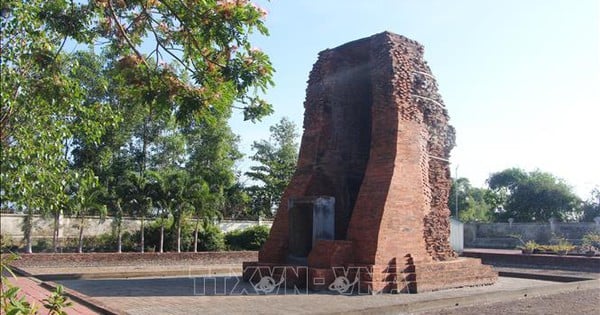
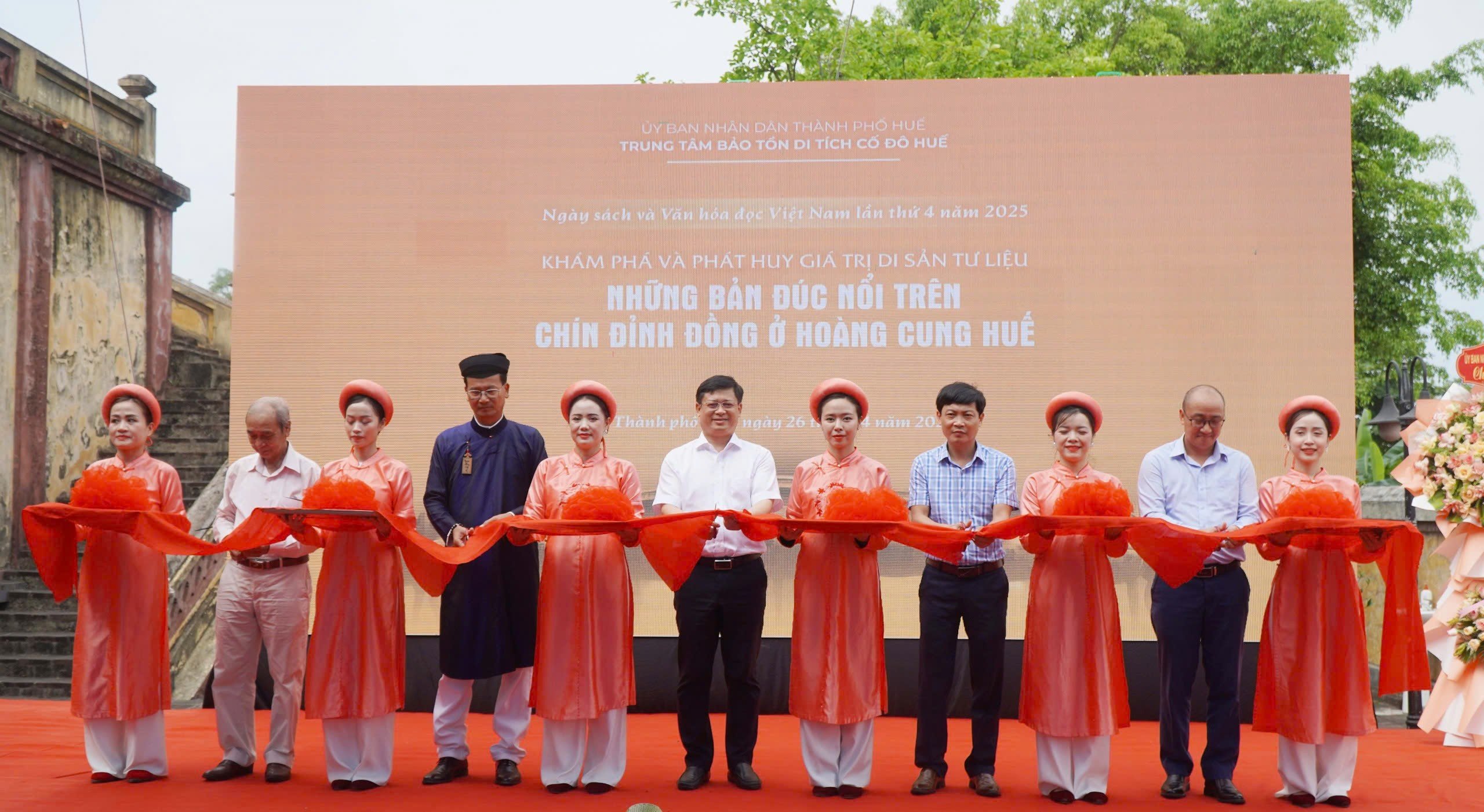
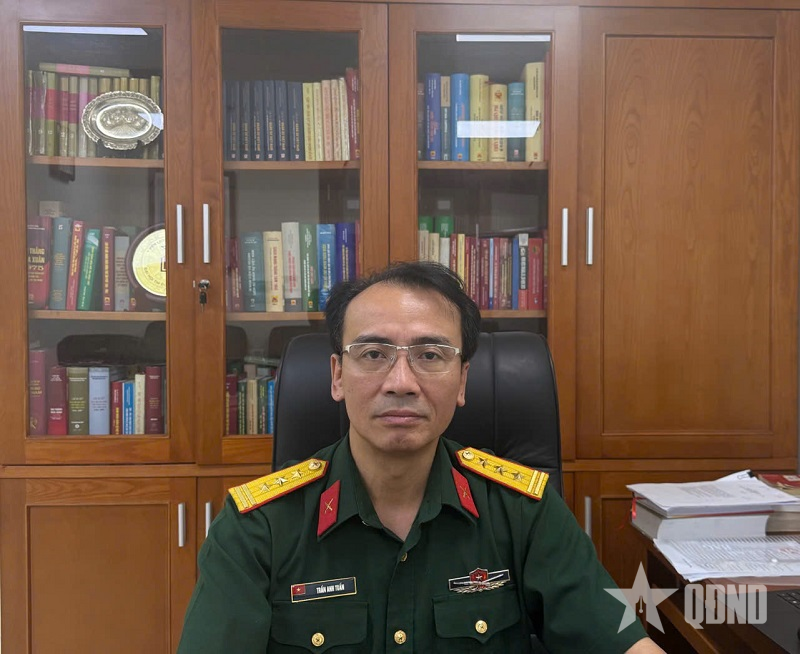





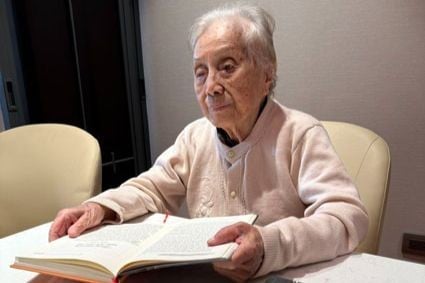








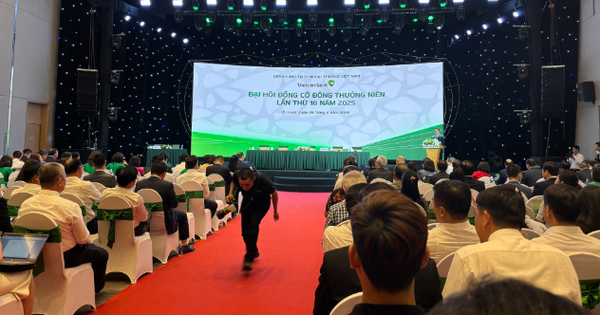





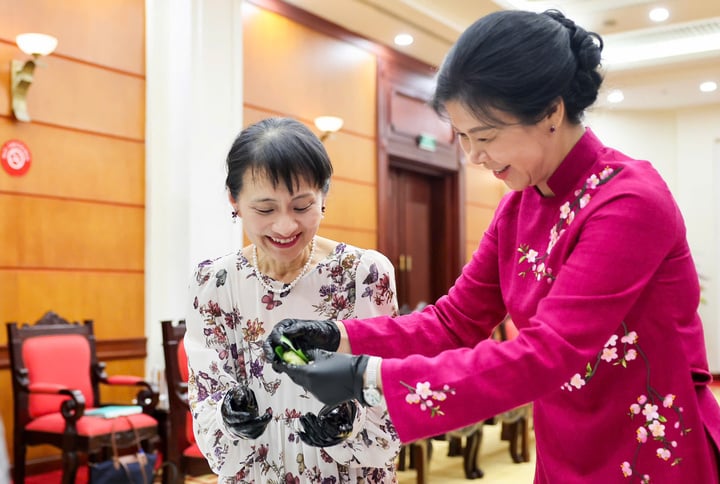


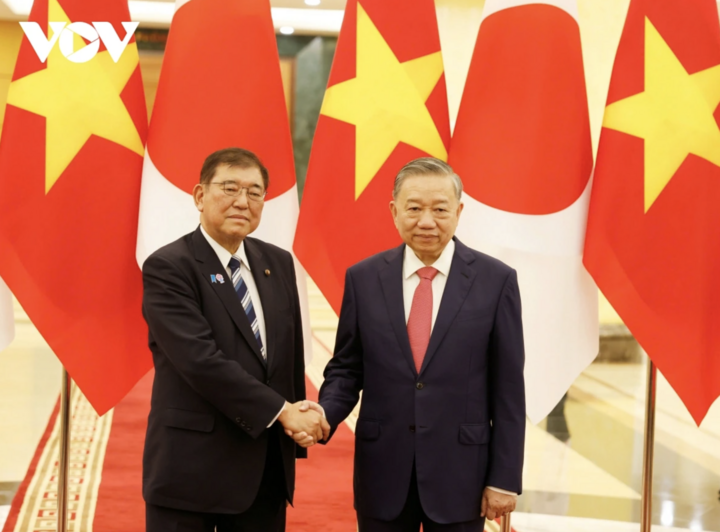

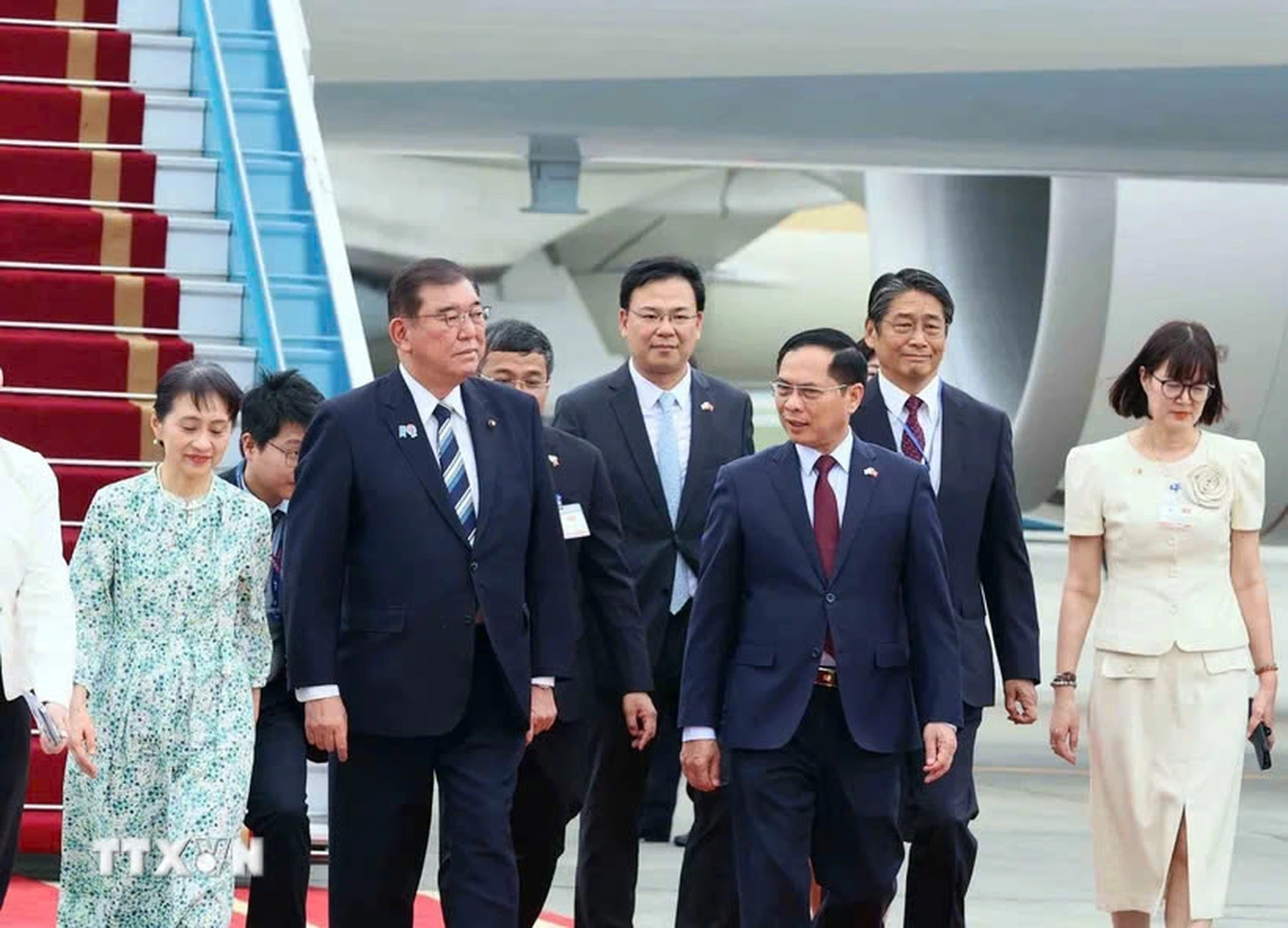
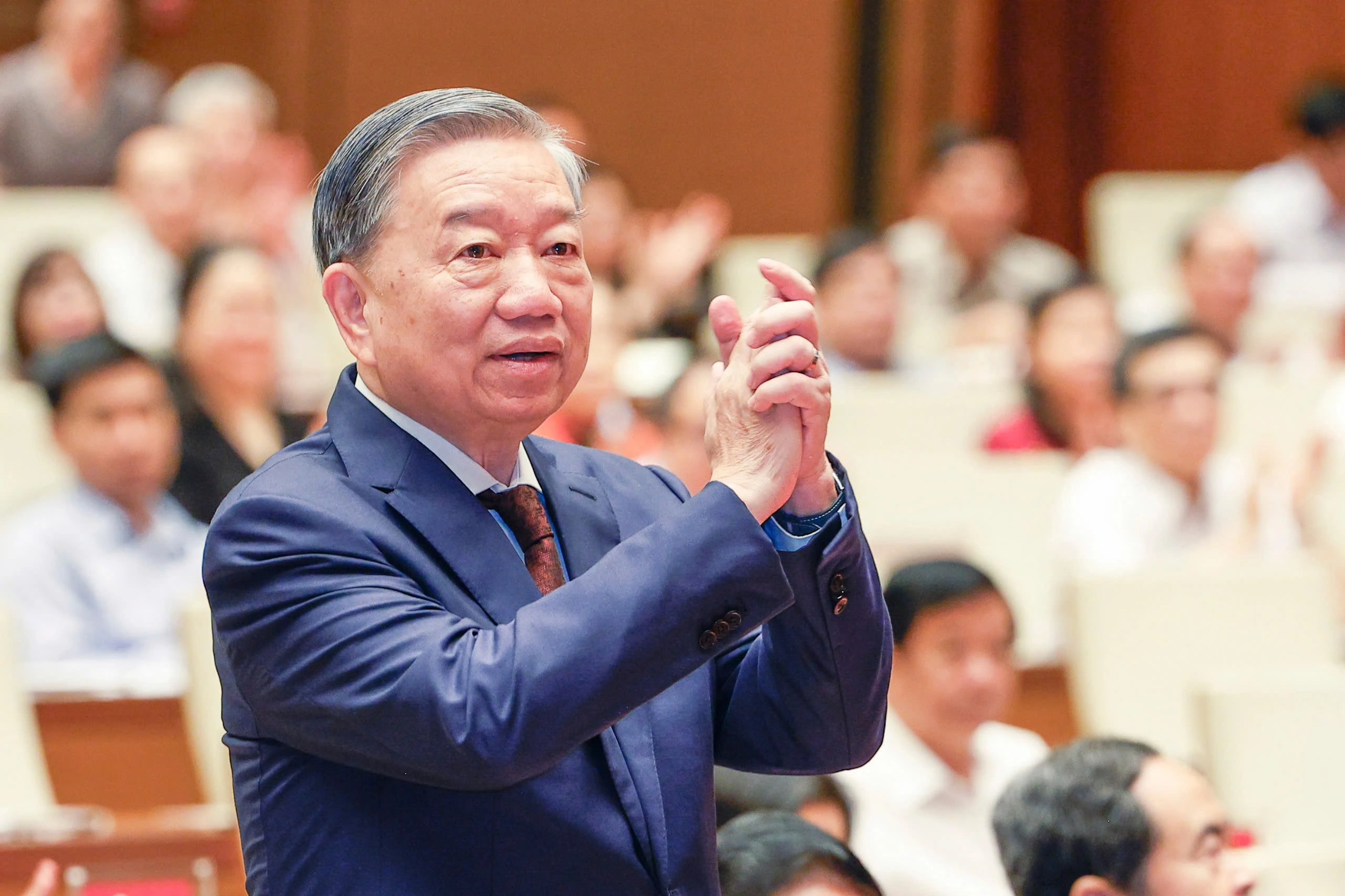
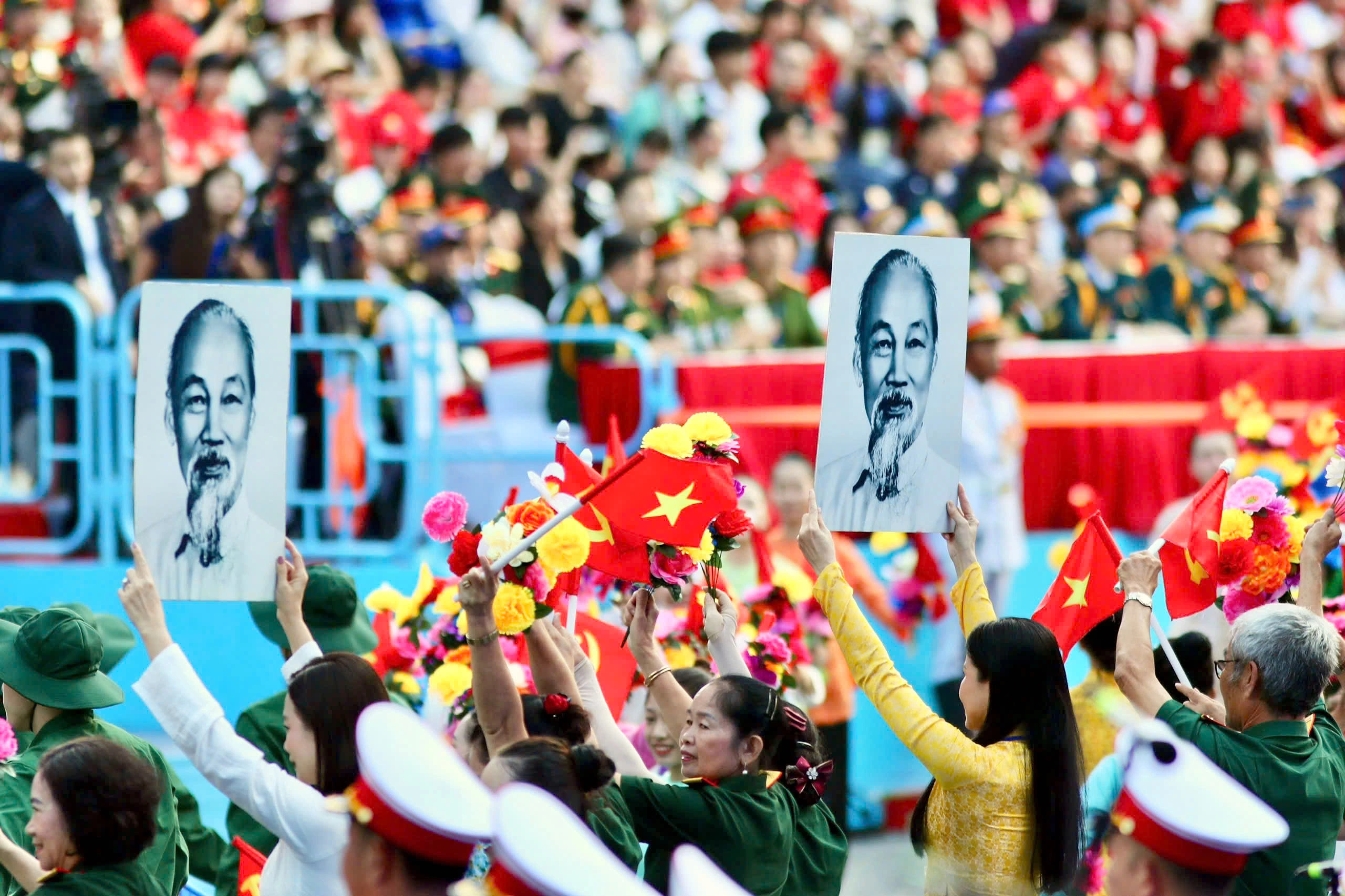
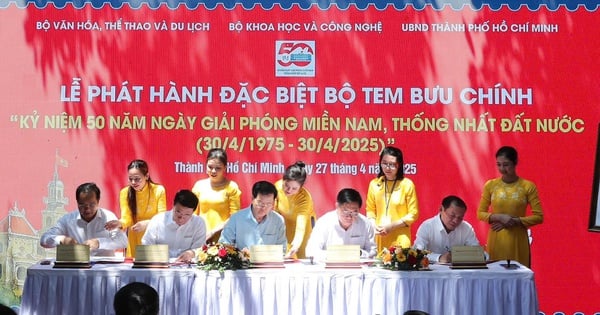

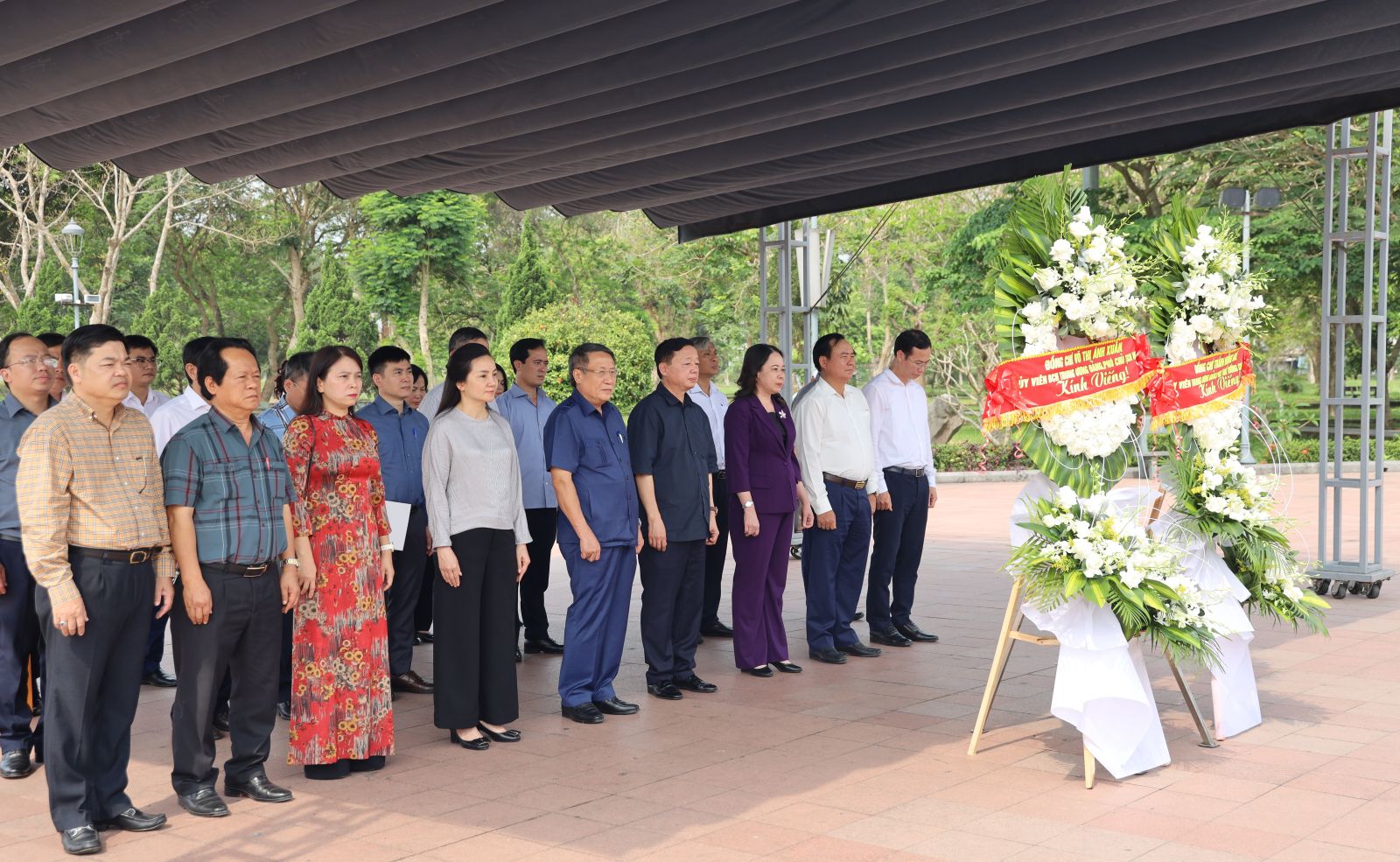

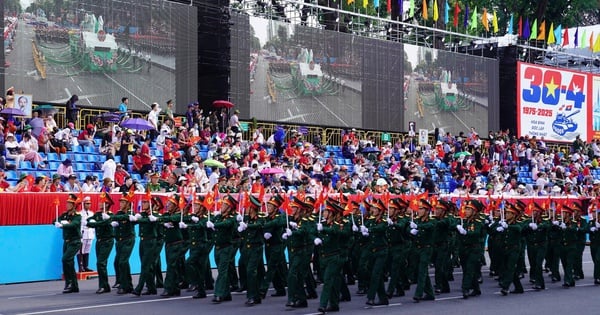



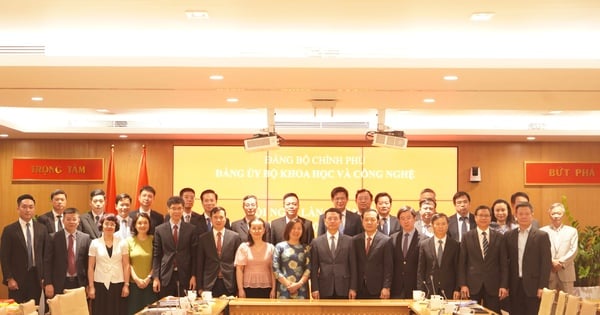











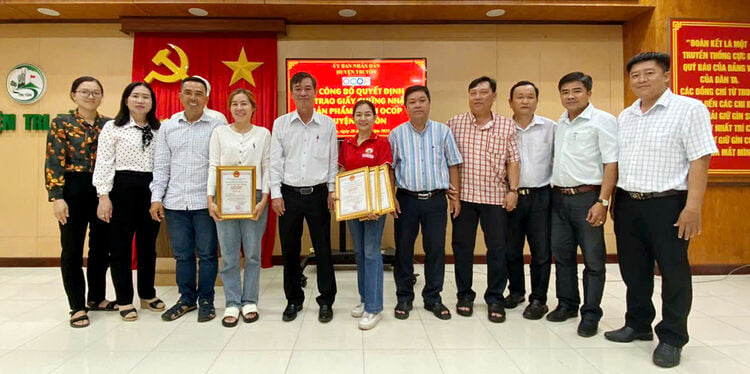

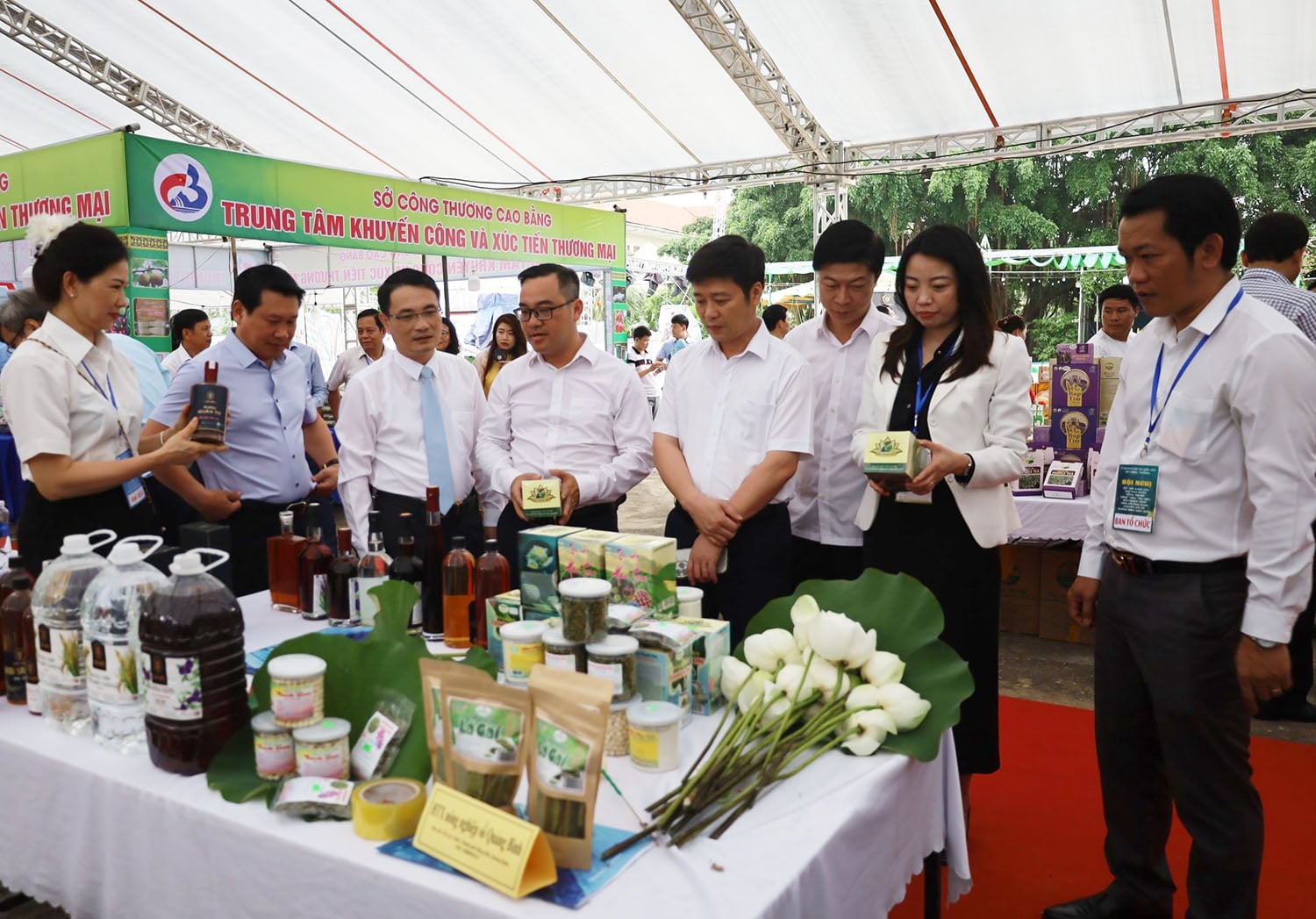


Comment (0)